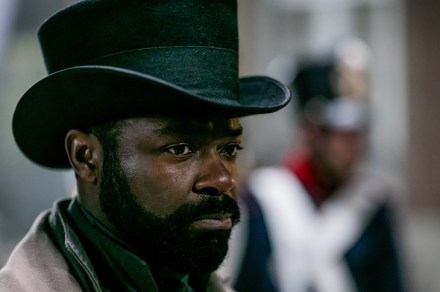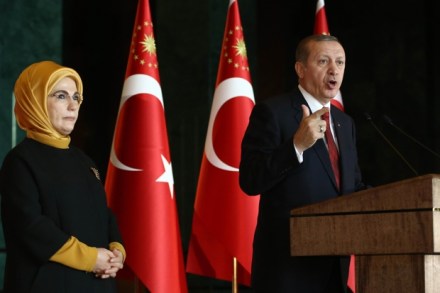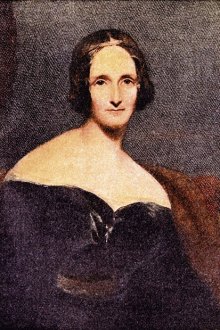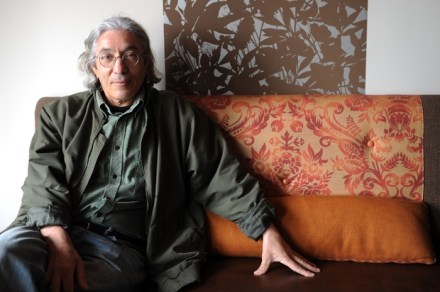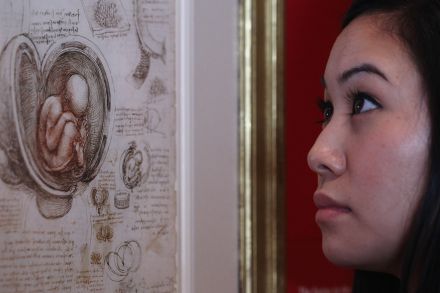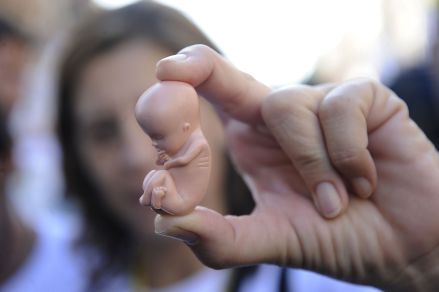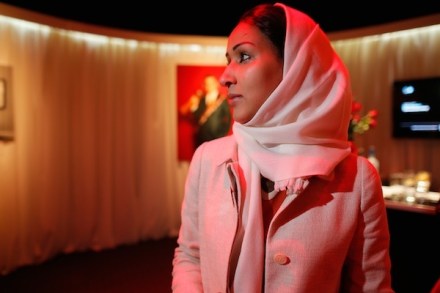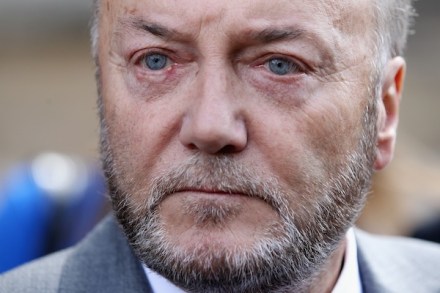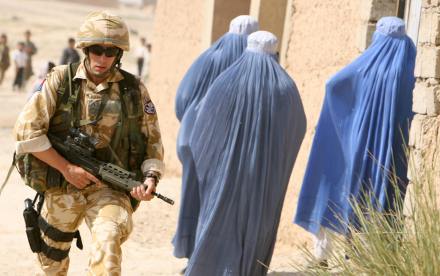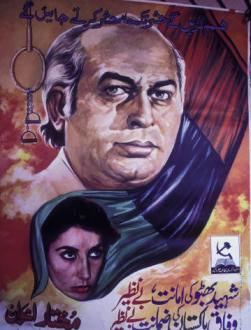The real RBG
Ruth Bader Ginsburg is too ill to sit on the Supreme Court. When she saw On the Basis of Sex, a hagiography written by her nephew, she must have thought she had already gone to heaven. Directed by Mimi Leder to the highest TV-movie standards, this prequel to the obsequious 2018 documentary RBG will appeal to all purchasers of the grovelling 2015 biography, Notorious RBG. The real RBG totters across the last frames of this movie like the laminated ghost of American liberalism. Such idolatry diminishes Bader Ginsburg’s achievement, the unpicking in 1971 of the first of 178 laws discriminating against you-know-who on the basis of you-know-what. But this film



